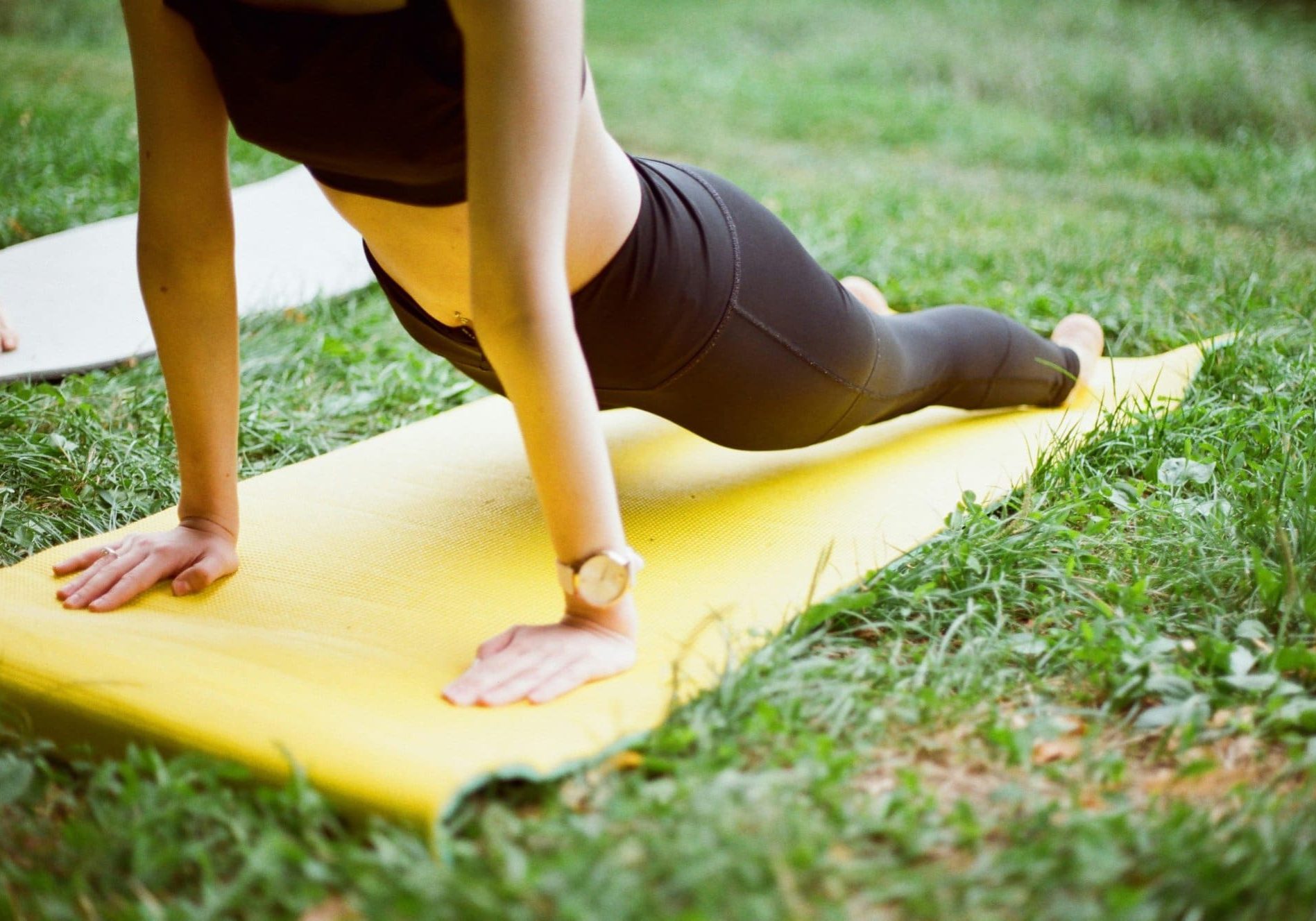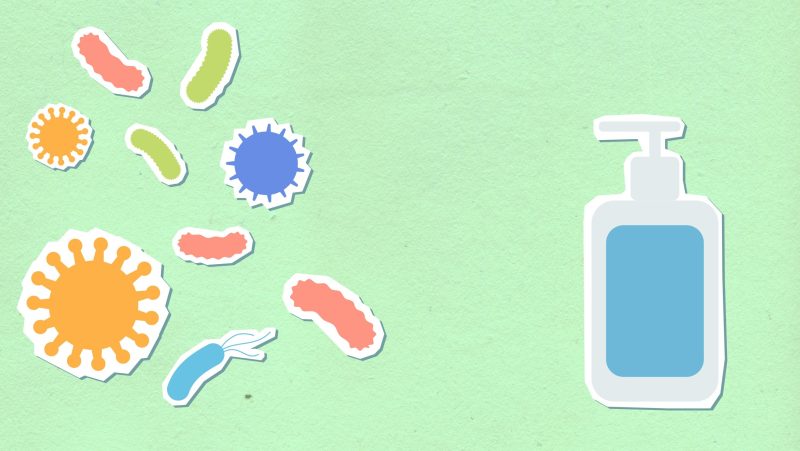
Yoga and Your Liver
Understanding, Caring for, and Yoga for Liver Health - By Laura Parr
Reading time: 4 minutes
You probably know that spring is traditionally associated with cleaning and cleansing. You might be planning a spring clean. You may consider that warming period between winter and summer to be the best time to detox. The outside world feels fresh and green in spring, and so it's natural to crave the same for your own body.
As we move slowly towards spring in the northern hemisphere, it's a great time to consider your liver.
Why?
Your liver is the main organ responsible for detoxifying your system. Weighing around 1.5kg, your liver is the largest solid organ in your body, second only to your skin. It's found on the right-hand side of your lower ribcage, below your diaphragm and above your stomach.
Your liver filters your blood, producing bile to help carry away any poisonous substances. Holding around a pint of blood at any one time, your liver also stores vitamins and minerals; regulates blood clotting helps balance your blood sugar levels.
Suffice to say, your liver is hugely important. But in the UK, liver disease is on the rise.
Deaths from liver disease have risen by 64% in the last two decades and quadrupled since 1970.
Taking care of your liver
Caring for your liver starts with educating yourself about what liver damage is and isn't. If you're a non-drinker, you might think that you don't need to worry about liver health, but that's not strictly true. There are many diseases associated with the liver, and alcohol-related issues are just one aspect.
Here are some ways to start caring for your liver today:
Reduce how much alcohol you drink
Drink or don't drink? The choice is yours. Drinking responsibly means you don't have to abstain completely if you don't want to.
If you do drink, try tracking how much you drink per week. It can be illuminating to see the numbers written down. Avoid letting other people buy you drinks while out: setting your own pace might mean you drink more slowly than others.
And make sure you finish each drink before getting a new one, since topping up your glass makes it much harder to track how much you're consuming. Finally, try having a soft drink in between alcoholic beverages.
Follow a healthy diet
Everything you consume gets filtered by your liver, and it has to work particularly hard to break down fatty, sugary and processed foods. But that doesn't mean you have to go without your favourite meals.
If you're a big meat eater, try switching to vegetarian* a couple of times a week. Make sure carbohydrates such as bread, potatoes, grains and pasta make up no more than a third of your daily intake and eat plenty of fresh fruit and vegetables.
Eat mindfully
How you eat is as important as what you eat. Avoid watching TV or having big, intense conversations at mealtimes. Sit with a good posture and pay attention to every mouthful. This will help you chew your food better, leading to more efficient digestion and a better understanding of when you are full.
Overeating puts excess strain on your liver and the extra fat forms a layer around your liver, potentially leading to non-alcoholic fatty liver disease.
Practice safe sex
You're probably not in the habit of considering your liver when it comes to your sex life, but if you have multiple partners, your chance of contracting hepatitis or some other liver-affecting disease rises.
Exercise
When you move your body, the stress on your liver diminishes. Do whatever brings you joy, whether it be walking or running, swimming or aerobics. And of course, yoga is a wonderful way of reducing stress and inflammation and improving blood flow to your liver cells.
Working with your liver in yoga
There is plenty of advice on the internet about which poses are beneficial for your liver health. But taking a step back and learning to actually feel your liver will enable you to better understand what this organ feels like, in health and in sickness.
Listen
First of all, learn the location of your liver and get in the habit of taking your awareness there. Since your rib cage protects this vital organ, you can't palpate the whole thing. But if you take a deep inhalation, you might just be able to feel the bottom right-hand edge of it protruding from under your rib cage.
Build awareness of this zone by imagining yourself breathing in and out of your liver, or give the area a few gentle taps to get blood circulation moving there.
Move
As you move through your yoga routine (or any other mindful movement practice), take your awareness back to that area. What happens to the sensations as you stretch and fold, move from side to side and twist? How do different breathing patterns affect those sensations?
Communicate
Take this liver-awareness off the mat. Try asking your liver how it feels when you're hungry, and again after you have eaten. Or focus your awareness there while you eat.
Working in this way will really help you build awareness of your own liver, and you'll start to understand how it feels and reacts to certain substances and situations. Knowing how stress and diet affect your liver can help you make informed choices about how you live and what you consume, and this can have a beneficial influence on your health generally.
*commission earned from this link.







